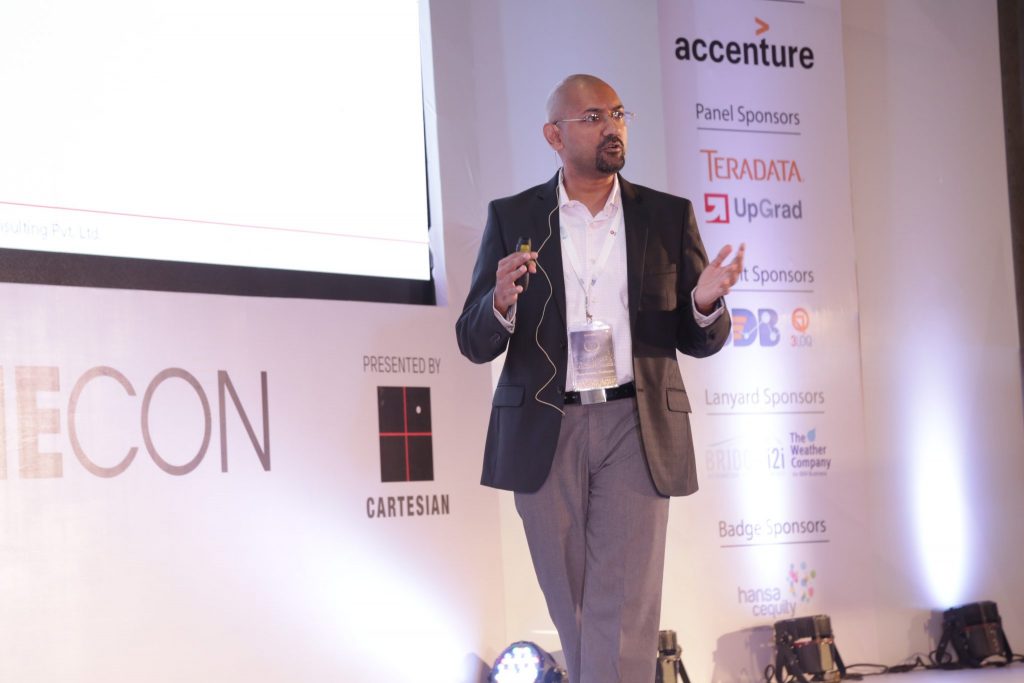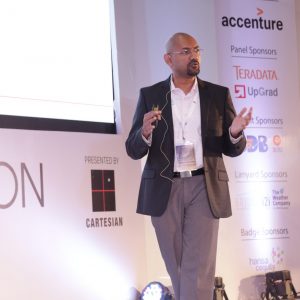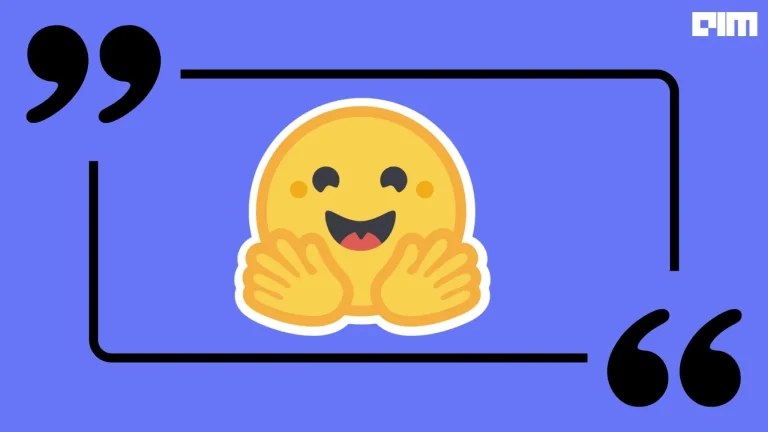Next in our series of interaction for this month’s theme—Data Science MOOC’s, learning resources, analytics and data science education, is with Ramasubramanian Sundararajan, Head AI Lab and Tapan Khopkar, Head Innovation Lab at Cartesian Consulting. The duo shared their views on how analytics and AI talent scarcity can be overcome, steps companies should take to educate their employees, how courses can align with industry needs and much more.
AIM: Do you think there is a dearth of talent owing to the fact that there are less courses for emerging technologies like analytics and AI in India? What can be the steps taken to overcome this?
When you start seeing advertisements for “AI and Big Data” courses on the back of auto rickshaws, I think it is safe to assume that there are a lot of resources out there for people to learn from! Jokes apart, there are a number of good programs out there, both online and offline. However, there is still a skill gap in the industry. Our feeling is that this has to do with a misalignment of objectives. Most aspiring data scientists focus on learning new methods but not so much on understanding why they matter. This is also a problem with a lot of courses out there. Good data science comes through practice.
AIM: Today companies have partnered with educational institutions and ed-tech firms to co-create courses? To what end is this helpful? What can be the other steps taken by companies to make employees analytics and data science ready?
If done well, analytics education with active industry input can be incredibly helpful to everyone concerned. Students come out better equipped to deal with challenges in the real world, and companies help groom a new generation of data scientists who can solve real problems.
The key is in the nature of industry participation. The focus should be on:
- Providing exposure to real datasets
- Giving insights into the tricks of the trade – how to squeeze out that extra ounce of insight from your data, and how to make better decisions using these models
- Explaining what it takes to deploy and maintain models, not just build them
- Mentorship over long term
AIM: In your opinion, can popular MOOCs which are widely available and ed-tech startups fulfil the current learning needs?
For continuing education and up-skilling for someone who’s already in the industry, MOOCs can play a great role. For freshers, a good classroom course might be a better starting point.
AIM: Do you believe these online courses are aligned with the industry’s needs and help learners fulfill business objectives?
They do to an extent, in that they help practitioners add extra tools to their kit. However, courses are largely focused on teaching people to give good answers to analytics questions. Business objectives are fulfilled when people learn to ask the right questions in the first place. That comes from making data-driven decision making a part of the company’s DNA.
AIM: Do you have internal training programs for analytics members conducted in partnership with ed-tech or MOOC providers?
We have our own learning platform that we call Vedas, through which we regularly deliver analytics training to our people. The focus within Vedas is learning through practice; therefore, we provide case studies and Kaggle competitions through which teams demonstrate their ability to use various methods wisely.
AIM: How much percentage of hire in your team is MOOC-certified? In terms of hiring for analytics team, would you be willing to have an entry level MOOC certified professional?
For experienced candidates, we focus on their track record more than on their qualifications. This is usually evident in the kind of projects they have undertaken; we also screen for depth of understanding in the interview, and also give them a case study with a dataset to see how they work.
For entry level candidates, MOOC certification is not a deal-breaker. It signals interest in the field, and a basic awareness of the tools and techniques used. The real criterion, though, is analytical thinking.
AIM: In your opinion, would you prefer data scientists who are self-trained on MOOCs or has a Masters/PhD? Why?
An advanced degree in a relevant discipline definitely improves a candidate’s chances of being interviewed. Getting hired, however, is a function of skill, not qualifications.
AIM: Do the learning materials available today cover the full breadth of learning for analytics and data science aspirants?
On the methods, yes. On their applicability, not so much. On domain knowledge, hardly.
AIM: What are the challenges that analytics education space faces?
Analytics education today is focused on practitioners, not on consumers of analytics. As a result, you have a lot of well-trained people who can build a random forest, but not enough people who understand why analytics matters. For data-driven decision making to truly take hold within organizations, analytics education needs to focus more on the consumers of analytics – the decision makers in various functions. They don’t need to understand how the backpropagation algorithm works, but they certainly need to be able to ask the right questions when someone brings a neural network model into the meeting room.
AIM: How has the analytics and data science education evolved in India over the past few years?
As with evolution in nature, it’s messy and uneven. The hype around analytics has its benefits, in that there are now some good full-fledged data science programs. This includes universities with good statistics and computer science departments who just used to offer the odd elective course. There’s also some good research going on, which is bound to be beneficial in the long term.
At the same time, there are also a number of programs that are focusing only on what’s cool right now, without teaching the students how to figure out what’s useful.
As with evolution in nature, the environment, i.e., industry practice, will weed out the unfit species over time.



























